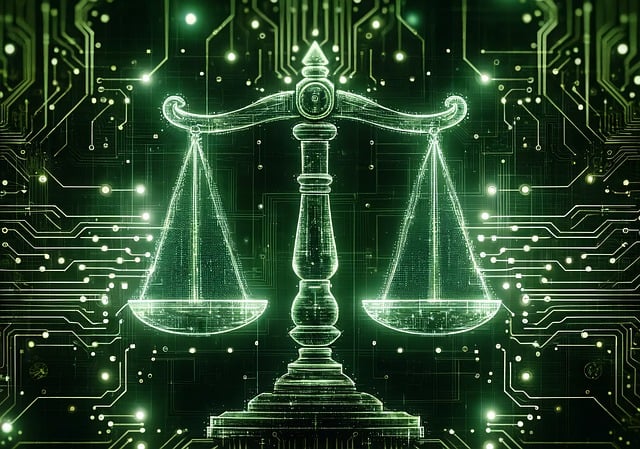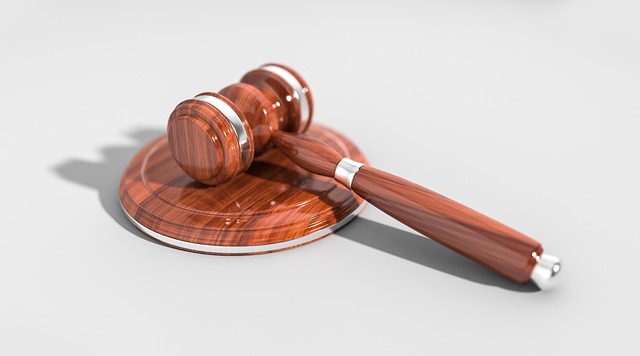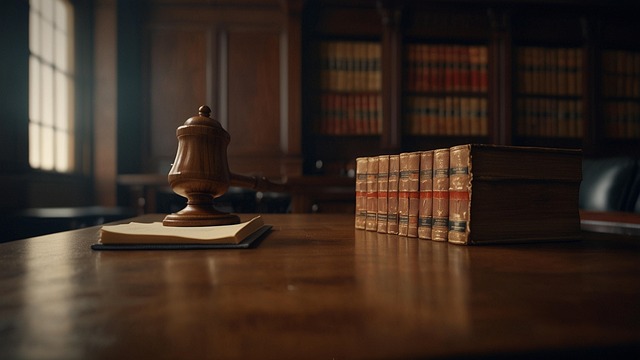Environmental lawyers tackle complex real estate litigation cases involving land use disputes, pollution, and regulatory violations, balancing property rights with community welfare and natural resource preservation. These professionals navigate legal intricacies using research, expert testimony, and strategic arguments to secure justice. Common real estate litigation cases handled by white-collar defense attorneys are transforming legal landscapes, emphasizing corporate accountability for environmental misconduct, setting precedents for sustainable business practices, and protecting ecosystems for future generations.
Environmental Crime Trials are rising, with courts increasingly holding businesses and individuals accountable for ecological damage. This article delves into the legal landscape surrounding these cases, focusing on “Uncovering Environmental Wrongdoings: A Legal Perspective” and exploring “Common Real Estate Litigation Cases Handled.” We also analyze the impact of these trials and their potential future, highlighting the growing importance of environmental justice.
- Uncovering Environmental Wrongdoings: A Legal Perspective
- Common Real Estate Litigation Cases Handled
- The Impact and Future of Environmental Crime Trials
Uncovering Environmental Wrongdoings: A Legal Perspective
Uncovering environmental wrongdoings requires a meticulous legal approach, especially in cases involving complex industries and their impact on ecosystems. Common real estate litigation cases handled by environmental lawyers often revolve around land use disputes, pollution, and the violation of environmental regulations. These cases are not merely about property rights but also ensuring the well-being of communities and preserving natural resources for future generations.
Legal professionals play a pivotal role in navigating these intricate matters, often representing individuals or groups affected by environmental crimes. Through extensive research, expert witness testimony, and strategic legal arguments, they work towards securing justice and holding perpetrators accountable. The ultimate goal is to secure complete dismissal of all charges for their clients while also fostering awareness and accountability within the philanthropic and political communities.
Common Real Estate Litigation Cases Handled
In the realm of environmental crime trials, real estate litigation cases often stand out due to their complex nature and far-reaching implications. Common scenarios involve disputes over contaminated properties where previous owners or developers are held accountable for cleaning up the site, a process known as remediation. These cases are not merely legal battles; they are crucial in ensuring that environmental laws are upheld and that communities are protected from potential hazards.
The unique challenges in these trials demand an unprecedented track record of expertise. Jury trials play a pivotal role, as they allow for public scrutiny and accountability. Skilled attorneys specializing in general criminal defense become instrumental in navigating the intricate web of regulations and scientific evidence. By presenting robust arguments and leveraging their understanding of both environmental laws and judicial proceedings, these professionals ensure that justice is served, fostering a healthier and safer environment for all.
The Impact and Future of Environmental Crime Trials
Environmental Crime Trials are reshaping the legal landscape, with a growing emphasis on accountability for corporate misconduct that damages ecosystems and communities. As these high-stakes cases gain traction, they serve as powerful deterrents, signaling to businesses that environmental violations will no longer be tolerated. The outcomes of these trials not only provide justice for affected areas but also set precedents for future litigation, particularly in common real estate litigation cases handled by white collar defense attorneys.
The future of environmental crime trials looks promising, with stricter regulations and enhanced enforcement mechanisms pushing companies to prioritize sustainability and ethical practices. As the legal system continues to evolve, these trials play a pivotal role in fostering corporate responsibility, ensuring that businesses operate within environmentally conscious boundaries, and safeguarding our planet for future generations.
Environmental crime trials play a pivotal role in addressing ecological injustices, with real estate litigation serving as a common avenue for justice. By examining cases handled through these legal processes, we gain insight into effective strategies for uncovering and penalizing environmental wrongdoings. The impact of these trials is profound, fostering a sense of accountability and encouraging prevention. As the field continues to evolve, an increased focus on accessible and swift justice will be essential in tackling ongoing environmental challenges.






